Suspected Islamic State bomber kills 30 in Turkish town
Updated: 2015-07-21 09:22
(Agencies)
|
||||||||
"TERROR HAS NO RELIGION"
The Suruc attack comes weeks after Turkey deployed additional troops and equipment along parts of its border with Syria, concerned about the risk of spillover as fighting between Kurdish forces, rebel groups, Syrian government troops and Islamic State militants intensifies.
An explosion also occurred in Kobani shortly afterwards, which a monitoring group blamed on a car bomb. A spokesman for Syrian Kurdish forces, known as the YPG, said two fighters died.
Turkey's leaders have said they do not plan any unilateral military incursion into Syria but have also said they will do whatever is necessary to defend the country's borders.
"Terror has no religion, no country, no race," President Tayyip Erdogan said of the bloodiest such attack in Turkey since at least 50 people were killed in the town of Reyhanli near the border in 2013.
Ankara fears any disorder in the border area could re-ignite an armed Kurdish rebellion by the Kurdistan Workers Party (PKK) in the south-east that has killed some 40,000 since 1984. It must also consider the danger of attacks in sprawling Western cities such as Istanbul where British and Jewish targets were bombed by al Qaeda in 2003 with the loss of 60 lives.
Turkey's Kurds have been enraged by what they see as the AKP party government's failure to do more to stop Islamic State. The PKK held Ankara responsible for Monday's attack, saying it had "supported and cultivated" Islamic State against the Kurds.
Police in Istanbul fired tear gas and water cannon after a demonstration by several hundred pro-Kurdish protesters on the central Taksim Square turned violent. "Murderer Islamic State, collaborator Erdogan and AKP", ran one slogan.
A police helicopter hovered overhead.
REBUILDING KOBANI
Kobani was the site of one of the biggest battles against Islamic State last year and was secured by Syrian Kurdish fighters last month after repeated assaults.
The YPG drove the Islamist militants back from the town with the help of U.S. air strikes after months of fighting and siege.
The students from the Federation of Socialist Youth Associations had been planning a trip to Kobani to build a library, plant a forest and build a playground, Fatma Edemen, a member of the group wounded in the blast, told Reuters.
"I was behind a banner so I couldn't see the attacker, but we understand it was a suicide attack. I was thrown to the ground...I jumped up and began running before I even realised I was hurt," Edemen, a 22-year-old journalism student at Ankara University, said by telephone.
The blast came after a series of attacks on the Kurdish HDP party in the run-up to a June 7 election in Turkey, including two small bombs at a political rally in the city of Diyarbakir, which the party blamed on Islamic State sympathisers.
"What gives us pause about this attack is that while the others were haphazard and sloppy ... the size of this explosion suggests something more sophisticated," said Aaron Stein, an Atlantic Council fellow who specialises on Turkey and Syria.
"That would suggest organisation beyond a lone wolf cooking up something in their kitchen."
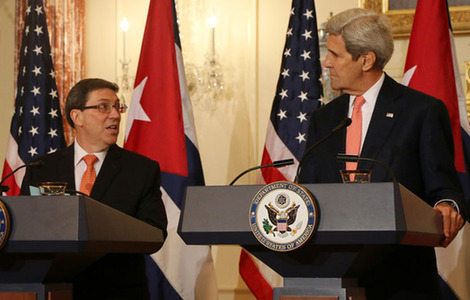
 A New Era in US-Cuba Relations Begins
A New Era in US-Cuba Relations Begins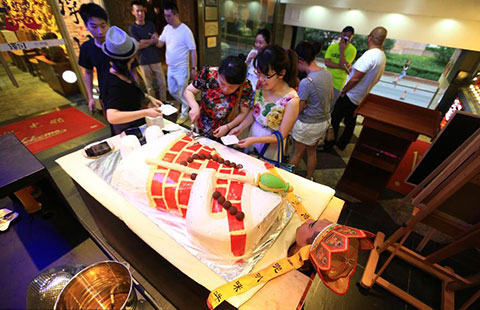
 Eat the 'flesh' of 'Monk Xuanzang' at this shop
Eat the 'flesh' of 'Monk Xuanzang' at this shop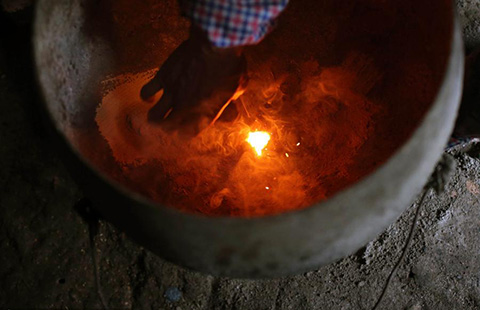
 The dying of craft of repairing pans
The dying of craft of repairing pans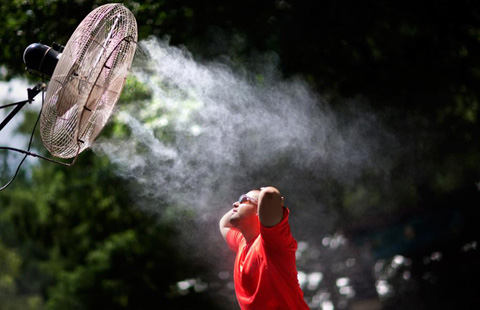
 The world in photos: July 13 - 19
The world in photos: July 13 - 19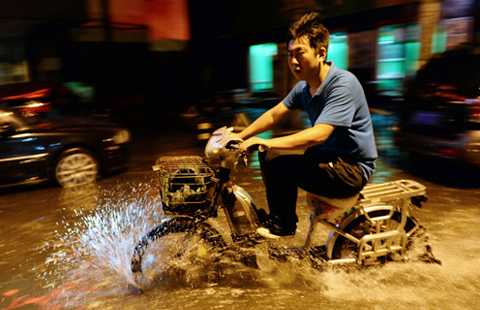
 Rains leave Beijing's streets flooded, force evacuation
Rains leave Beijing's streets flooded, force evacuation
 Grandfathers' model life on the Lijiang River
Grandfathers' model life on the Lijiang River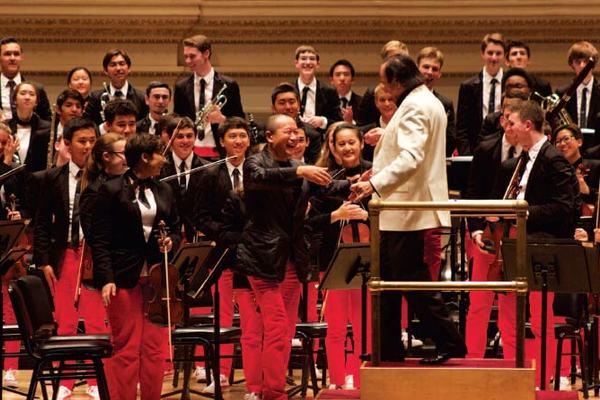
 Across America over the week (July 10- July 16)
Across America over the week (July 10- July 16)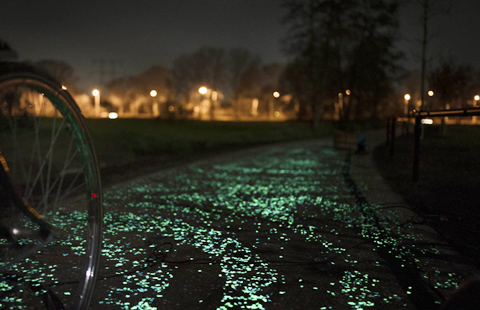
 Unusual but true: inspirational art lights the way
Unusual but true: inspirational art lights the way
Most Viewed
Editor's Picks

|

|

|

|

|

|
Today's Top News
UN Security Council endorses Iran nuclear deal
US, Cuba set to reboot relations after split
Mayor to turn Zhanjiang into green economic powerhouse
Private firms' access to arms sector widens
Student pleads guilty to cheating
China faults Japan's new security bills
Chinese national pleads guilty in Pennsylvania to test-taking scam
Web companies asked to support 'digital Silk Road': Zhanjiang forum
US Weekly

|

|







